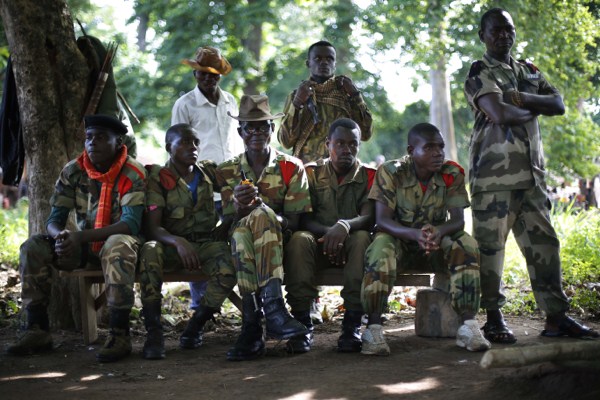In the wake of recent violence in the Central African Republic, the United Nations announced today that it is sending an additional 1,000 peacekeepers to the war-torn country. In an email interview, Amadou Sy, director of the African Growth Initiative at the Brookings Institution, discussed the political and security situation in CAR.
WPR: How successful has the French-led multinational intervention been at improving the security situation in Bangui and other major cities in CAR, and what are the next priorities for the mission?
Amadou Sy: The French-led Operation Sangaris came at a critical juncture in the civil war, and put boots on the ground when other countries lacked the resources or political will to commit to a military intervention. The 1,200 French troops that arrived in Bangui in December 2013 managed to stabilize the capital. However, the Central African Republic is a large country, roughly the size of Texas, with porous borders and vast areas of uncontrolled land, and troop numbers were limited. Mobile armed groups were thus able to continue to freely attack particularly remote, rural areas in the central and western regions. Some Muslim groups have also protested against the French troops, arguing that they have sided with the largely Christian self-defense militias known as the anti-balaka and left groups that disarmed and disbanded from the predominantly Muslim Seleka rebel coalition vulnerable to reprisal attacks.

